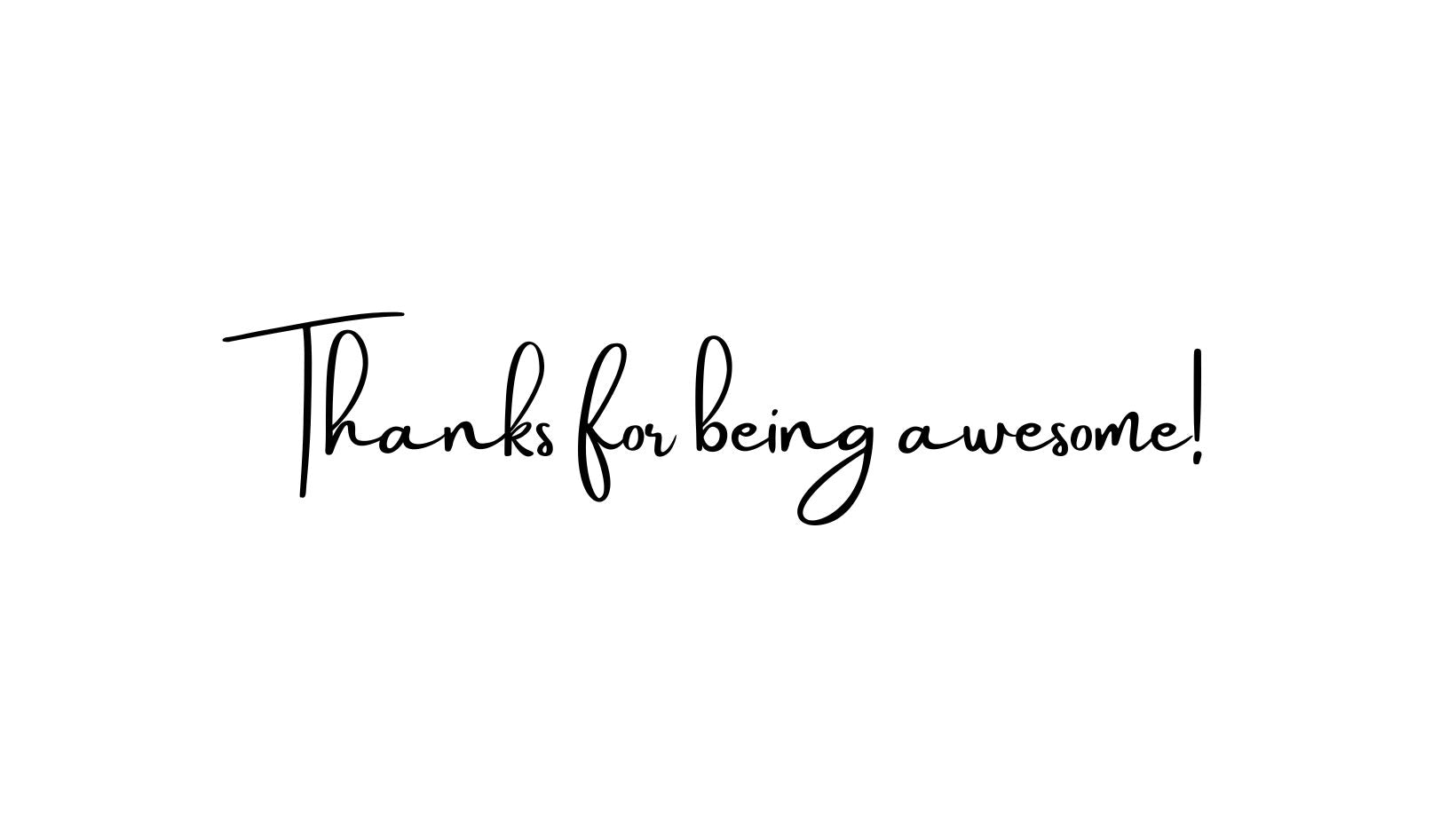CERTIFIED PALM OIL FREE
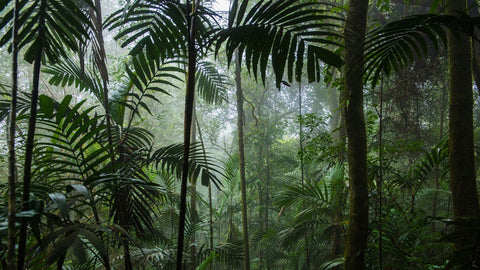
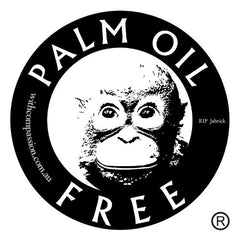
We choose to have our entire brand certified with POFCAP (Palm Oil Free Certification Accreditation Programme) and are proud to be the first company in Canada to successfully be certified.
It was important for us to go through the certification process so consumers can see the certified palm free trademark on our packaging to know and trust that our product is truly 100% palm free. We also chose to be certified so that WE know for certain that our products do not contain any trace of palm oil.
There is a lot of misinformation and lack of transparency when it comes to palm oil in products. Brands often think they are palm free when in reality they aren't. This is because palm oil is hiding in many cosmetic ingredients under a multitude of names. Often times it is called vegetable oil, or where a cosmetic ingredient states "made from coconuts" there are generally other ingredients used, including palm.
During our quest to find truly palm free ingredients for our brand, reps of a major manufacturing company were declaring that a certain ingredient was 100% palm free, but wouldn’t offer a full composition/derivatives list. After months of communication attempts, we were finally able to speak directly to their head office. We were told that it is "generally" palm free, but if they run out of coconut oil in processing they will use palm.
Certification is the only way to know for sure.
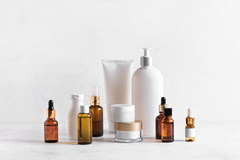
Why do we avoid palm oil in our products?
Palm is the most widely used vegetable oil in the world. Even if the label doesn't specify palm oil, chances are it is still in your food and personal care products. Click here © Bev Luff 2009 to see an extensive list of alternate names for palm oil.
Palm oil production is low cost, high yield and because of this demand is dangerously high. This demand is fueling mass deforestation causing wildlife and human displacement and the loss of bio-diverse ecosystems to make way for mono-crop palm plantations.
Not only is the harm to wildlife and the environment an issue, but these plantations have been known to have extremely unethical labour practices.
Monoculture crops also mean that pesticides and herbicides are usually common practice. On many palm plantations, these chemicals are often sprayed by workers without PPE. The run off from the spray also makes its way into streams and waterways causing further harm to the environment.
The Roundtable for Sustainable Palm Oil is an organization certifying sustainable plantations which is certainly the way forward, however most products that are made from "sustainable palm" use what is called Mass Balance - which is made up of 50% sustainable and 50% unsustainable palm.
With the demand for palm oil being so immense, as an eco-responsible brand we choose to not put any more strain on the supply chain by being proudly certified palm free.
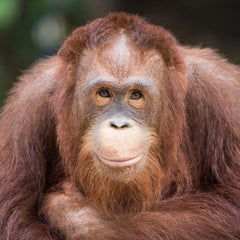
In some parts of the world, palm plantations account for over 50% of deforestation which has a devastating affect on the biodiversity of the area. Plant life is destroyed and the threat of extinction to some animal species is greatly increased, especially for tigers and orangutans.
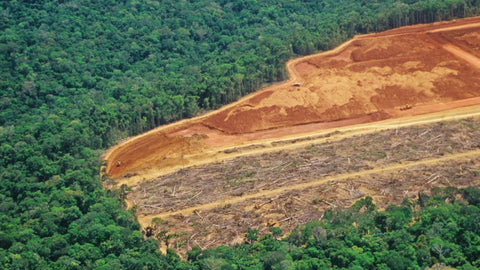
In 2019 alone, the world lost an entire soccer field worth of primary rainforest every 6 seconds.
